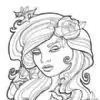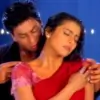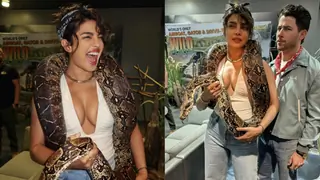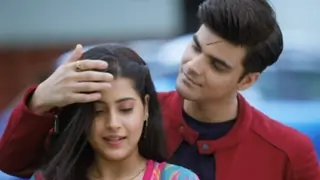Originally posted by: asmitamohanty
Wahi toh....It’s as if Leena takes a strange delight in the spectacle of women’s suffering. Her stories don’t just depict martyrdom — they revel in it.
By simply showing that “women choose martyrdom,” she isn’t making any additional point as a writer. We already know this. We live in societies where a large part of it celebrate women who suffer quietly and shame those who demand better. A writer’s role is to question that conditioning — not to reproduce it uncritically for the sake of drama.
Leena’s women never evolve beyond their pain.Instead, Leena’s women are trapped in an endless loop of suffering and sacrifice, as if the only way for them to be “great” is to be perpetually broken. She’ll glorify their endurance, romanticize their misery, and call it empowerment — when in reality, it’s nothing but emotional punishment dressed as depth.
There’s always some divine intervention, family crisis, or misplaced guilt waiting to drag them down the moment they start to rise. And like in "Ishani" just when the audience hopes she’ll finally let her heroine breathe, Leena pulled out her favourite trick — spiritual escapism.
“Don’t give her a career, Give her moksha.🤣” Leena's writing operates on one bizarre rule — baas, any excuse to not give her female leads a dignified, normal life
They do not learn to differentiate between compassion and self-destruction. And when they finally walk away, it isn’t toward liberation — it’s toward divinity or death, because even their self-discovery has to look tragic.
It’s not empowerment; it’s some weird suffering fetish.
And the saddest part is She seems to believe she’s writing progressive stories.
I am starting to think this is AI writing. 🤣


































1.5k